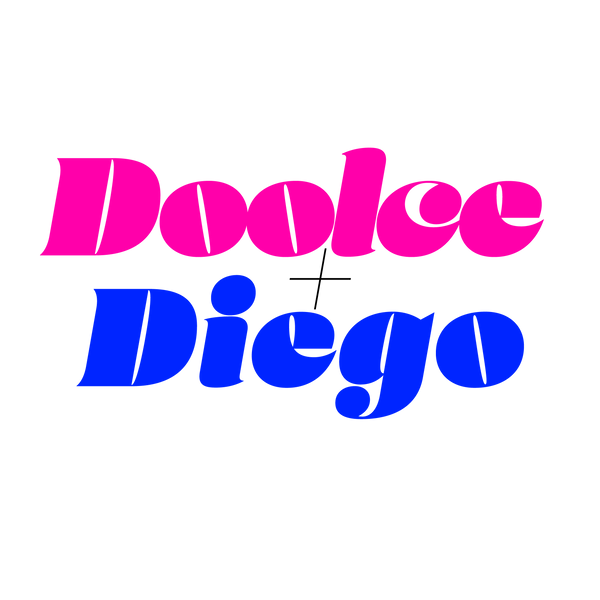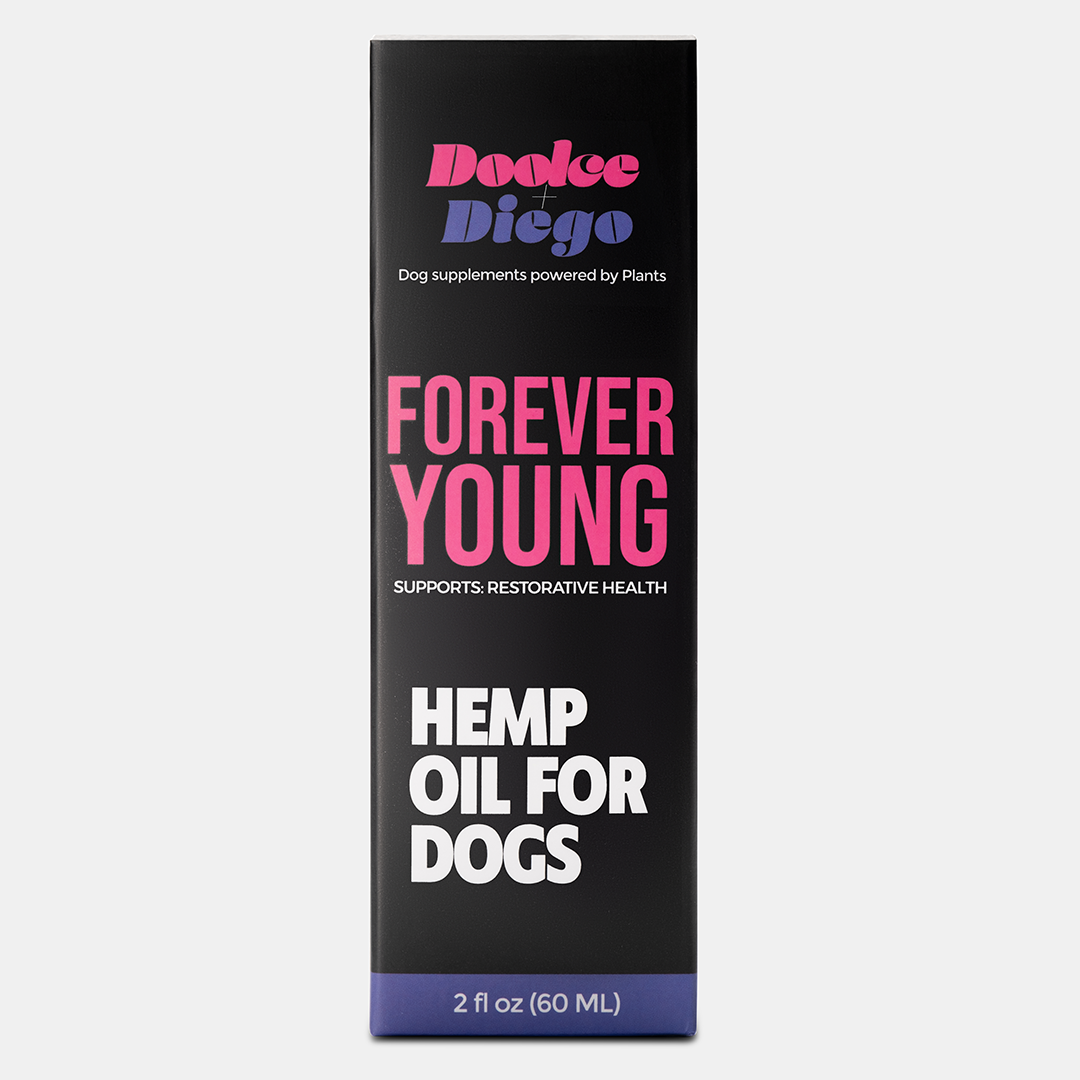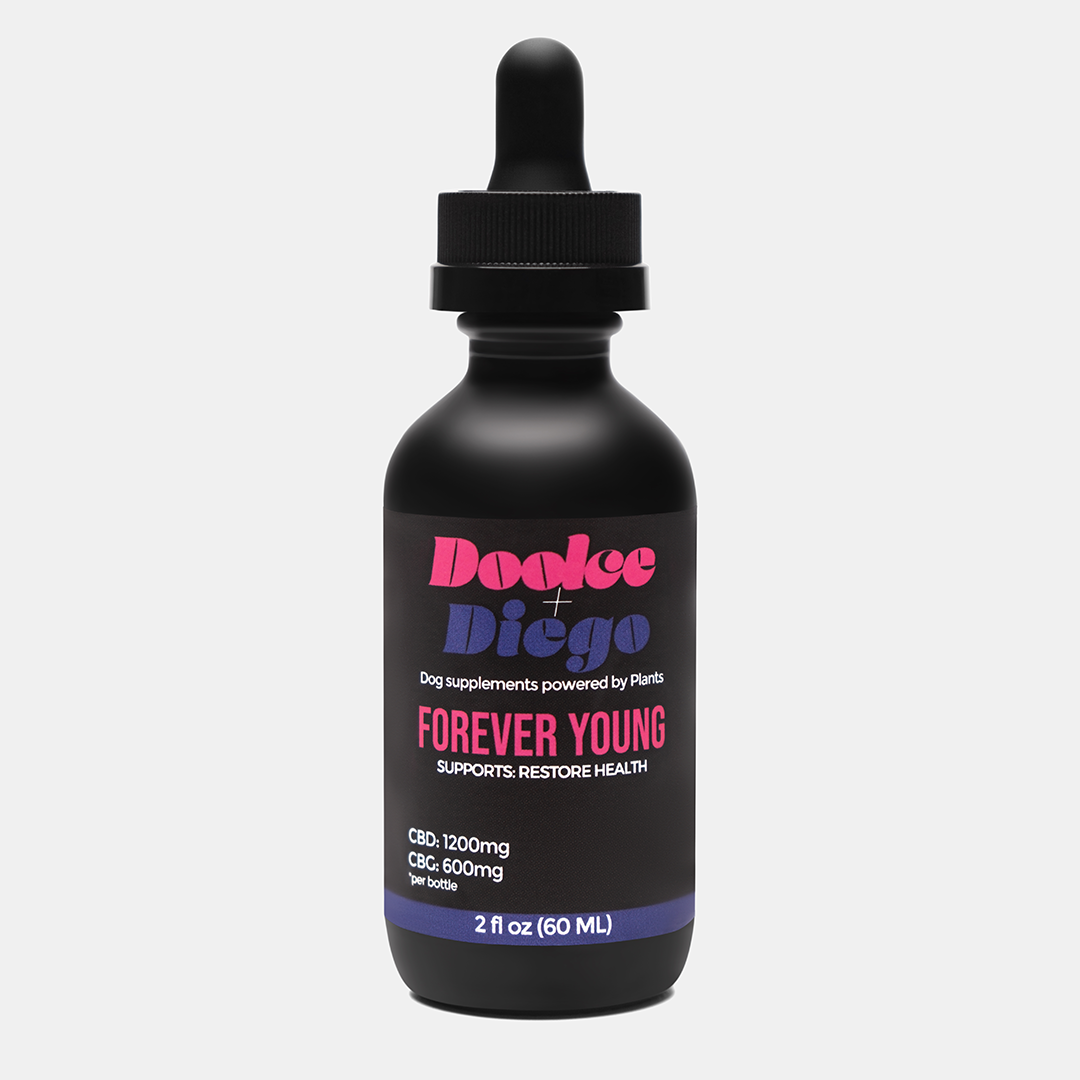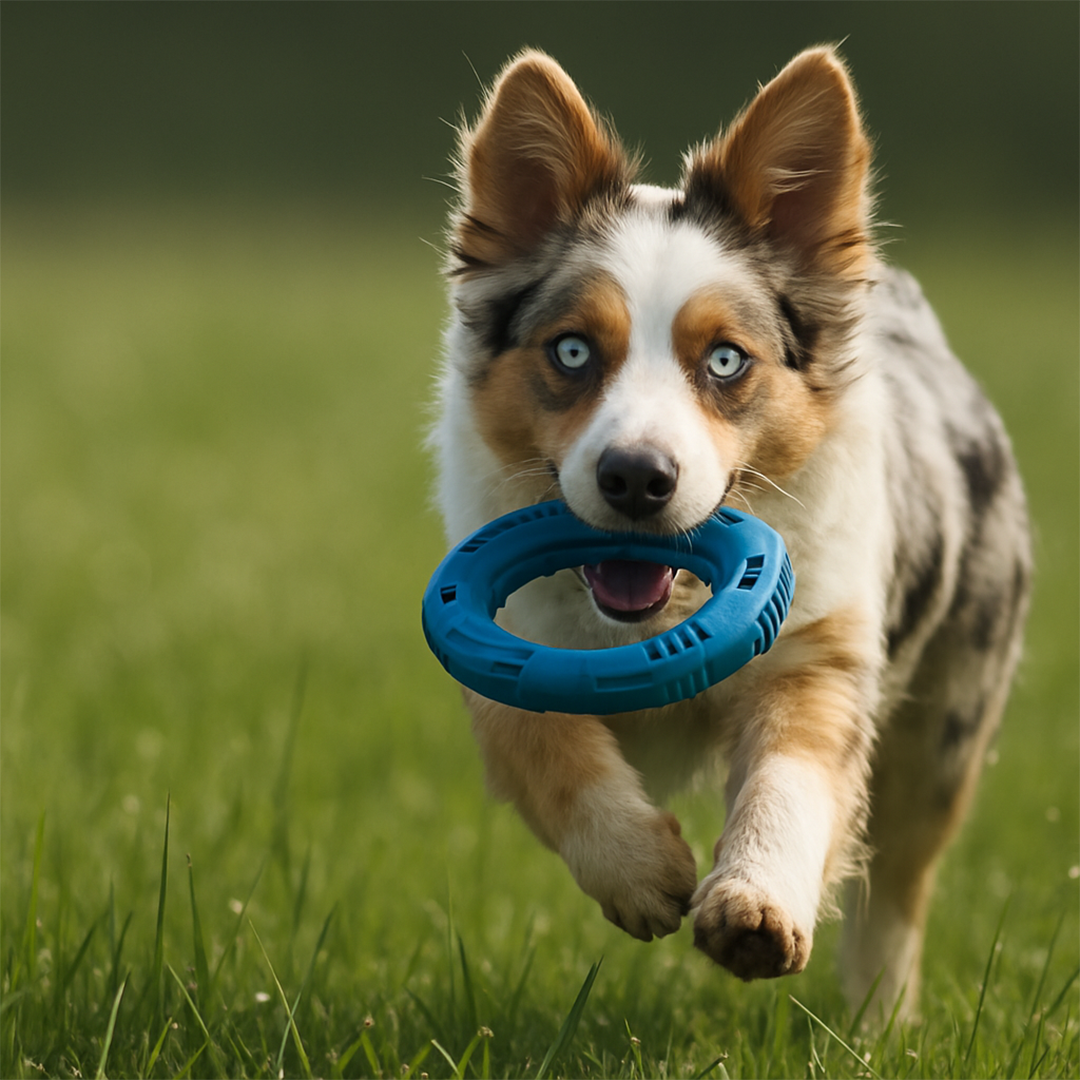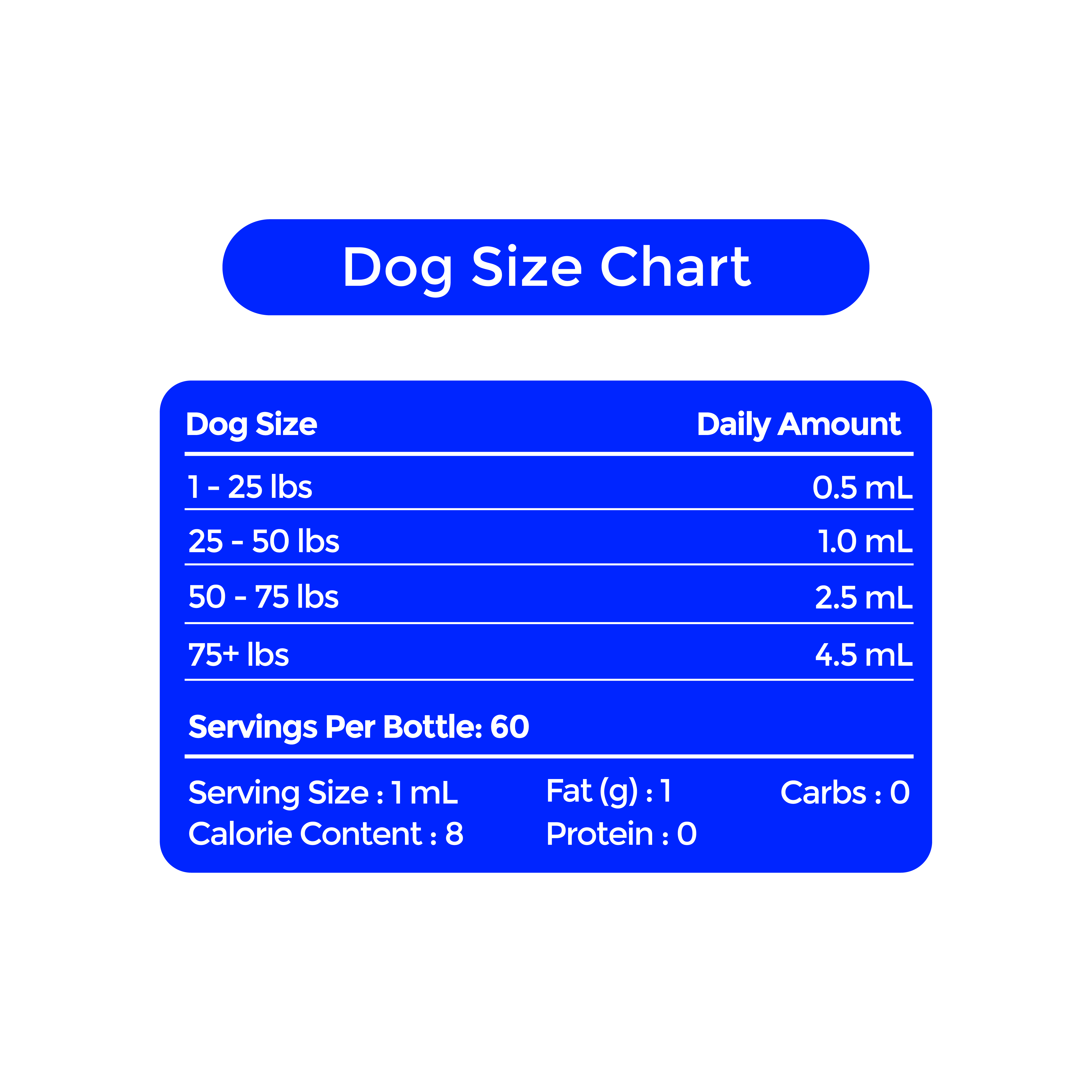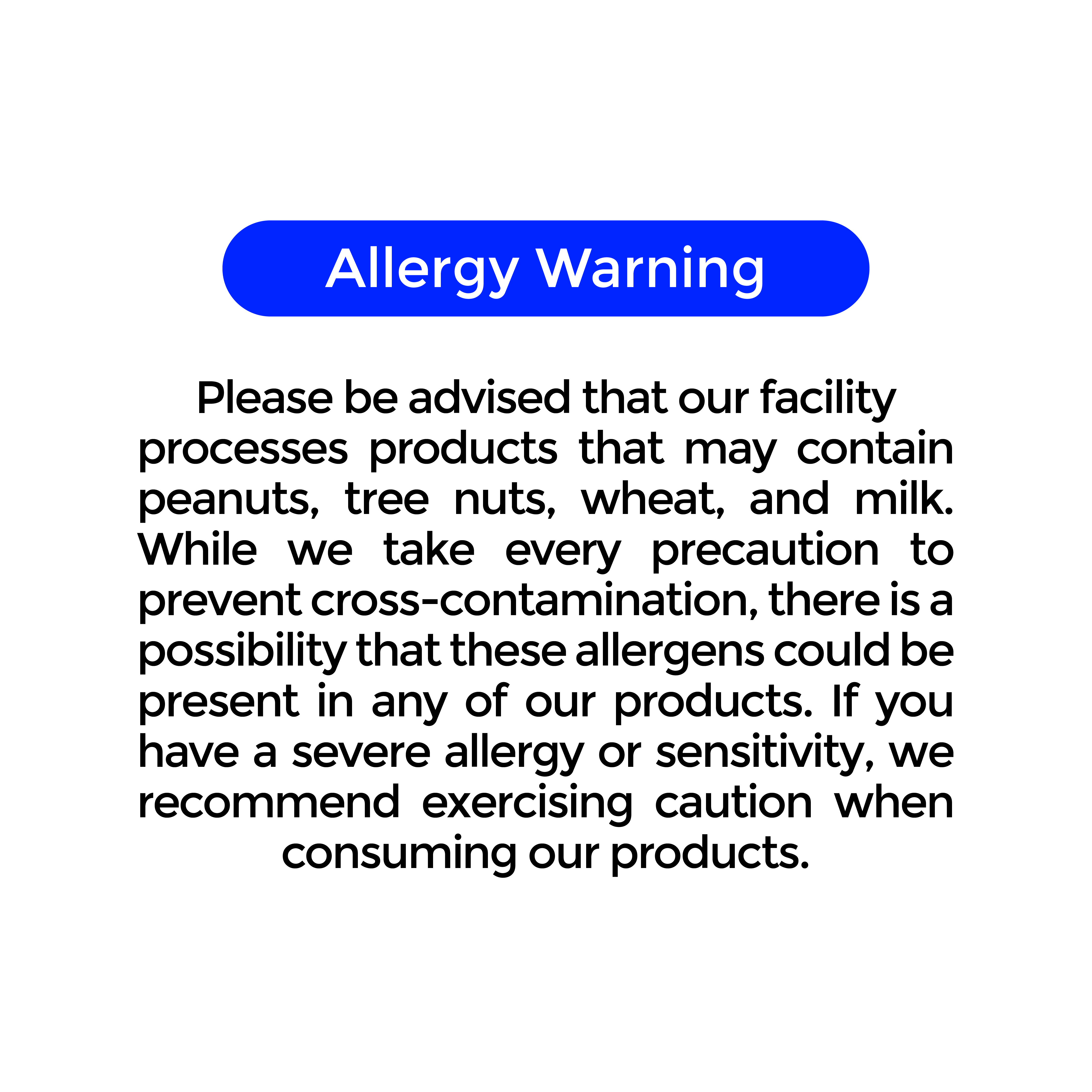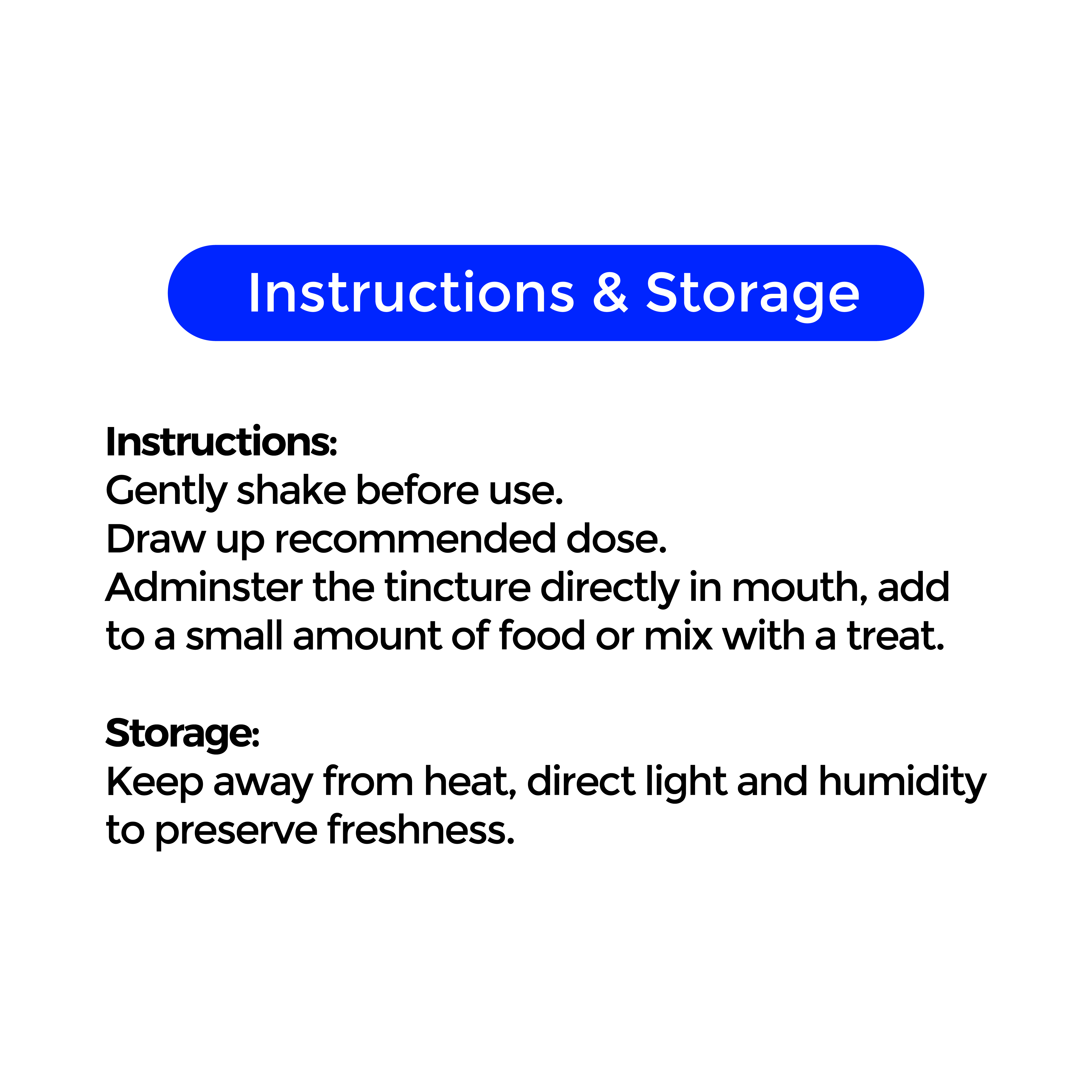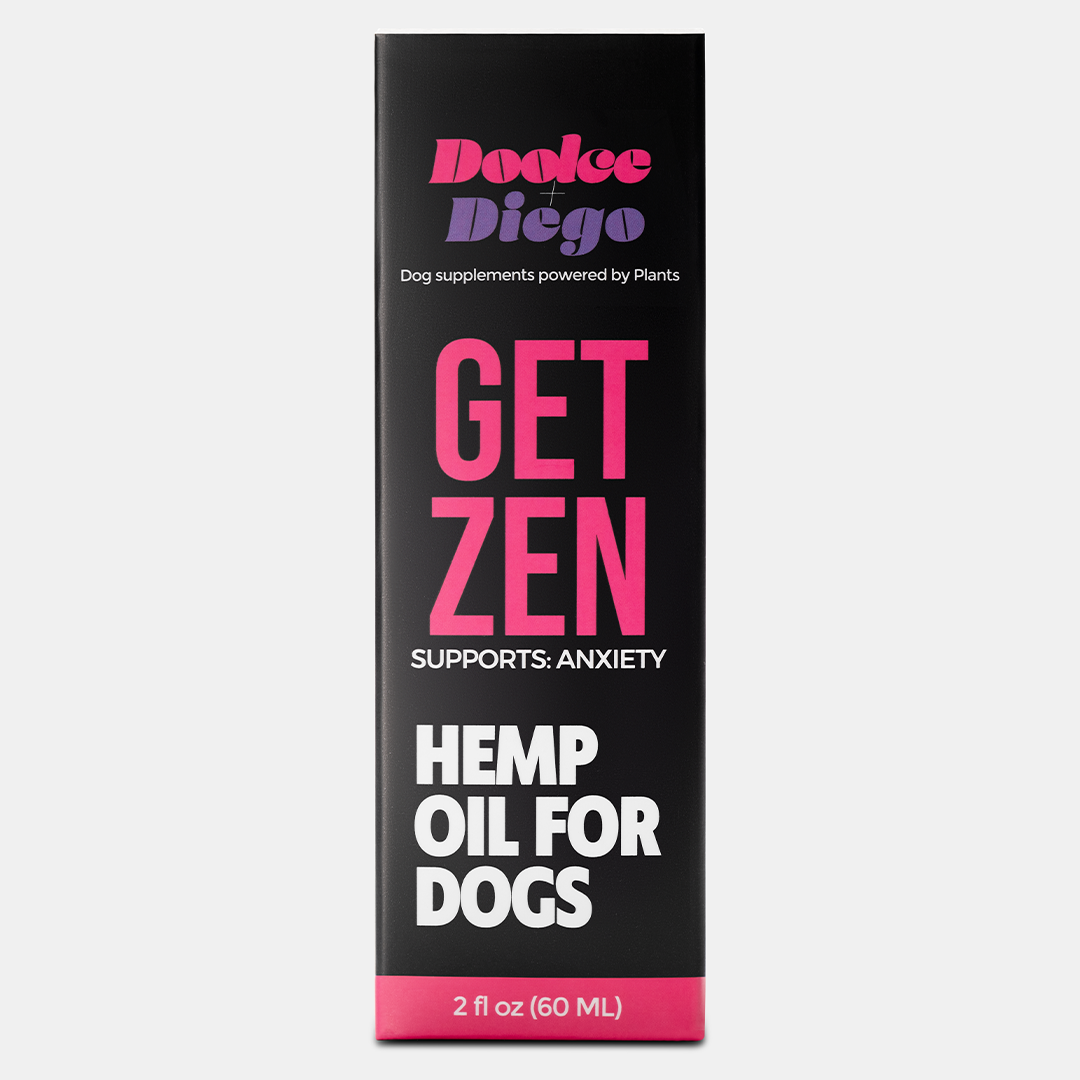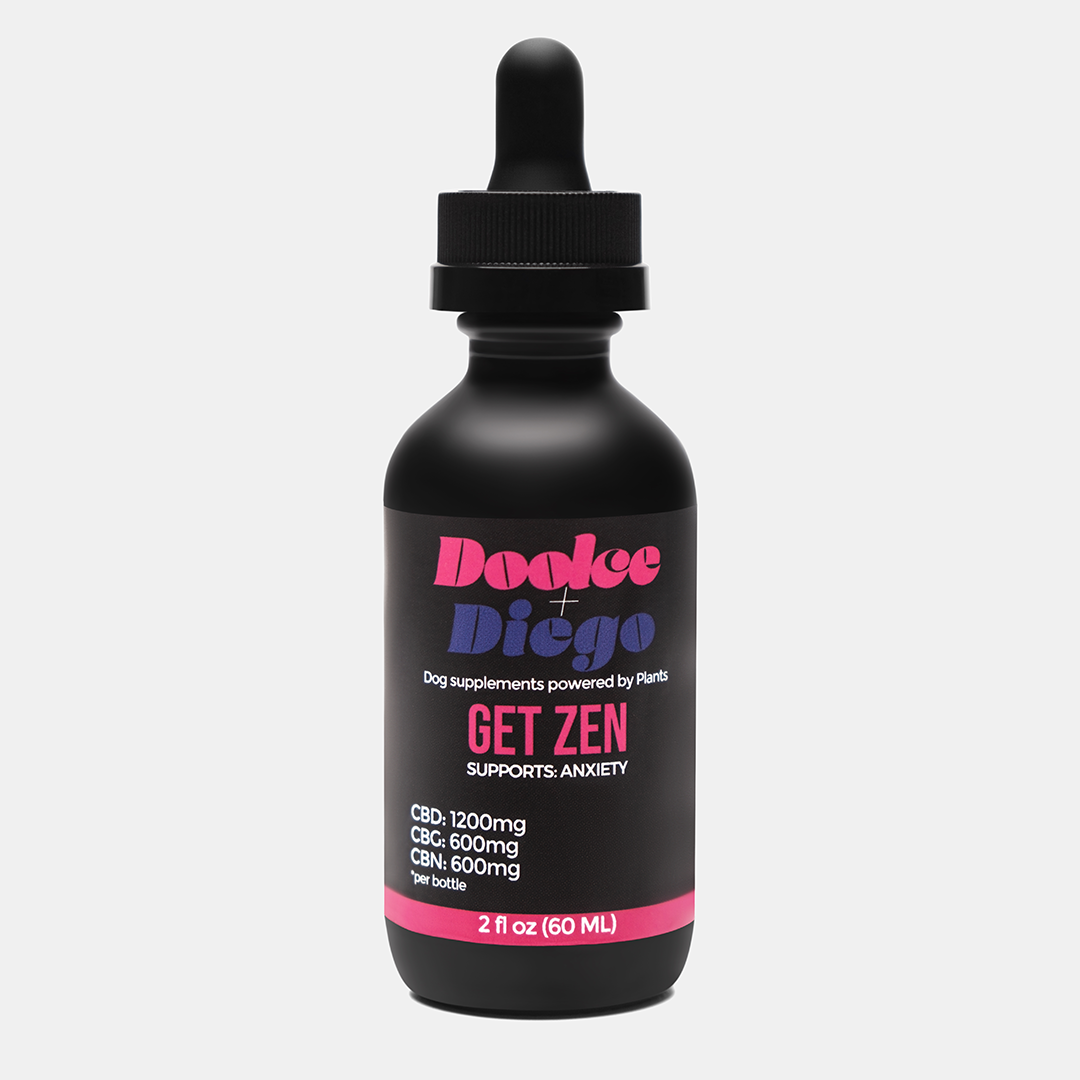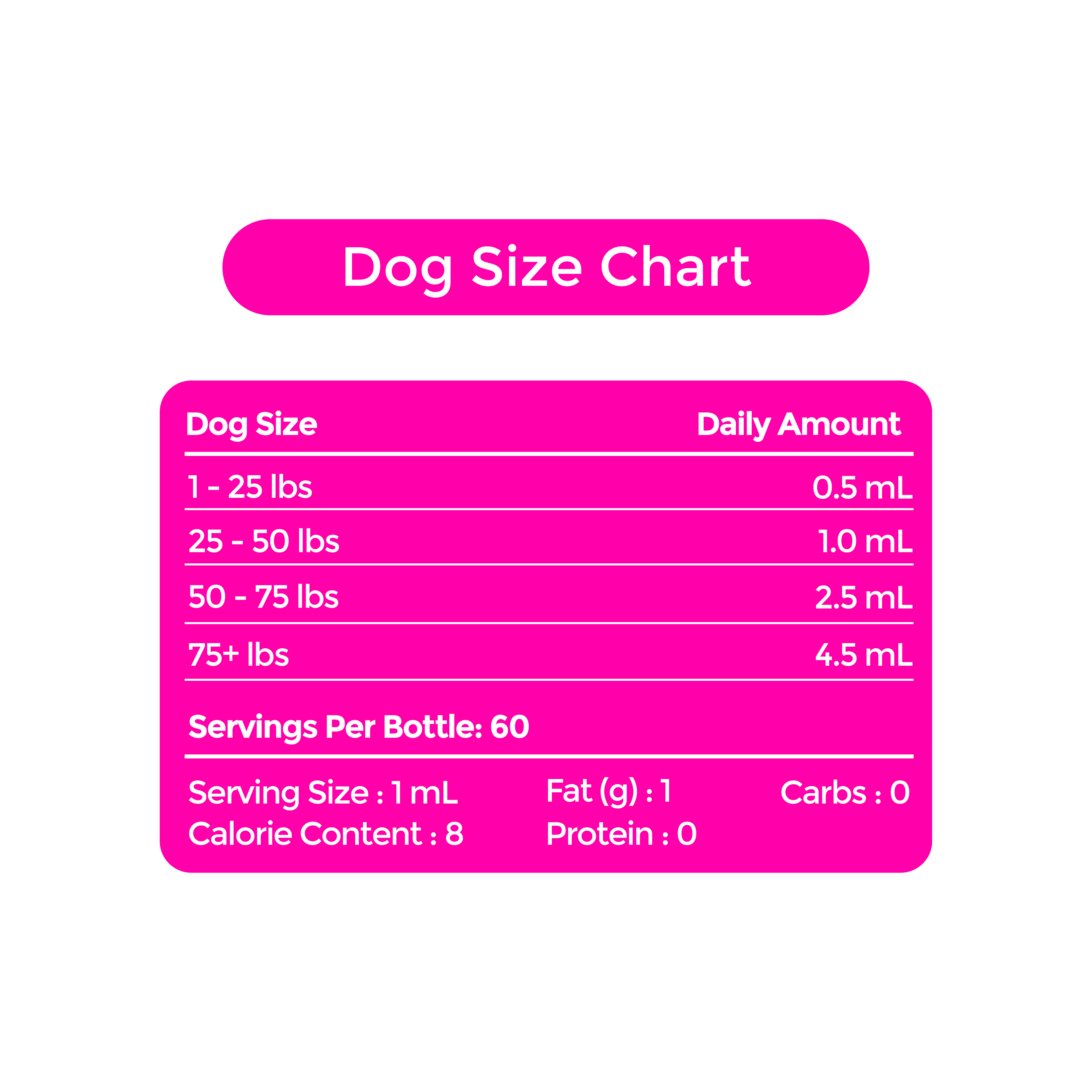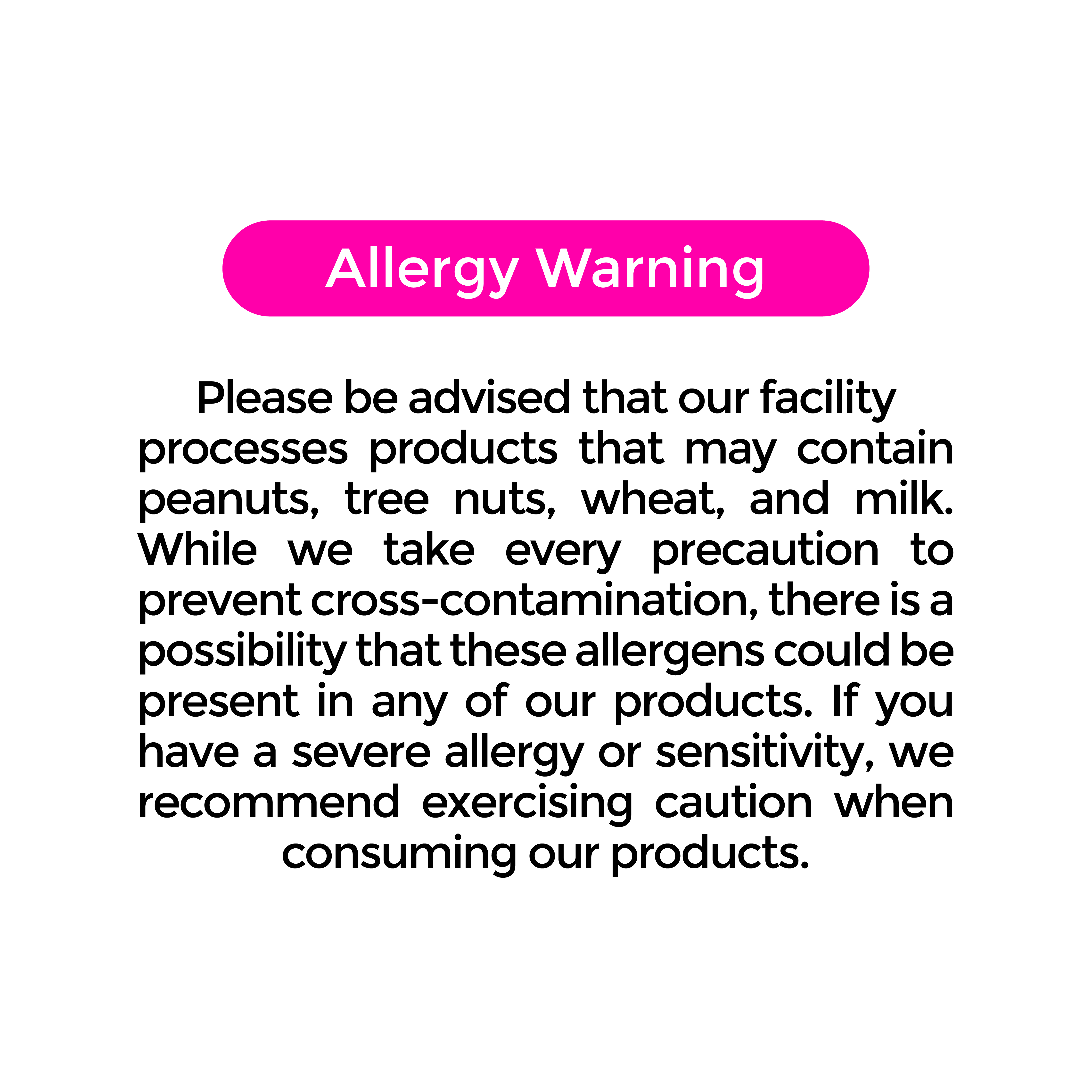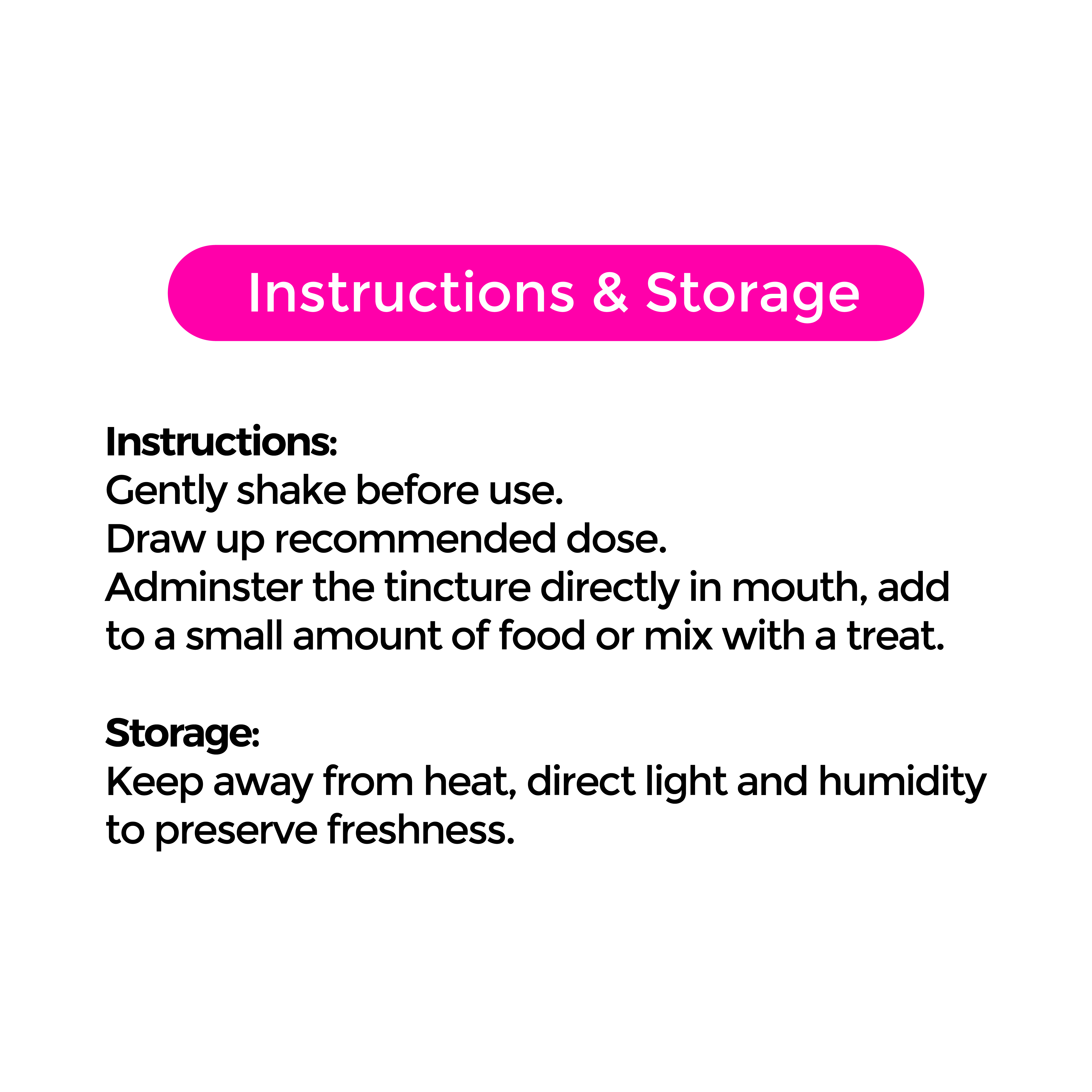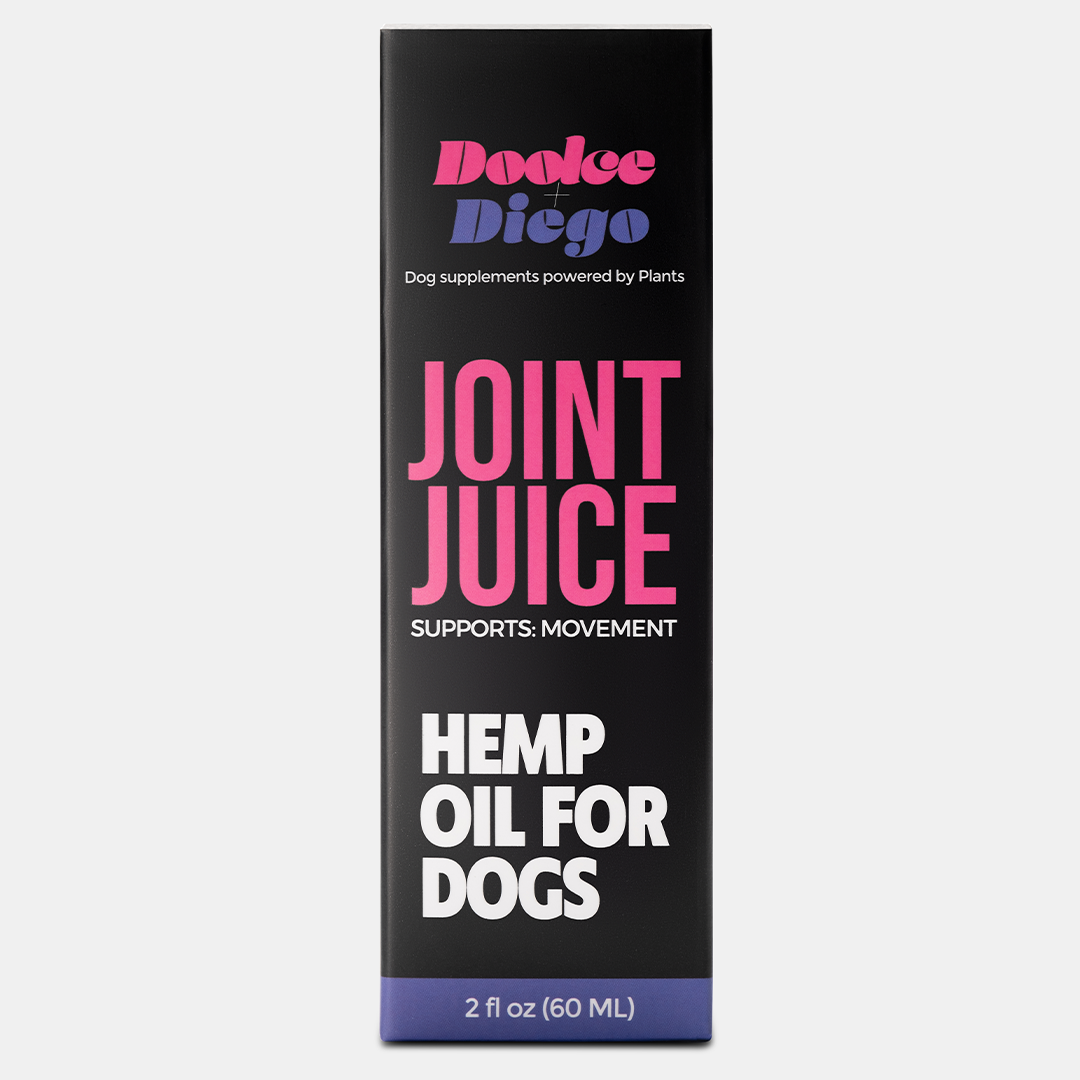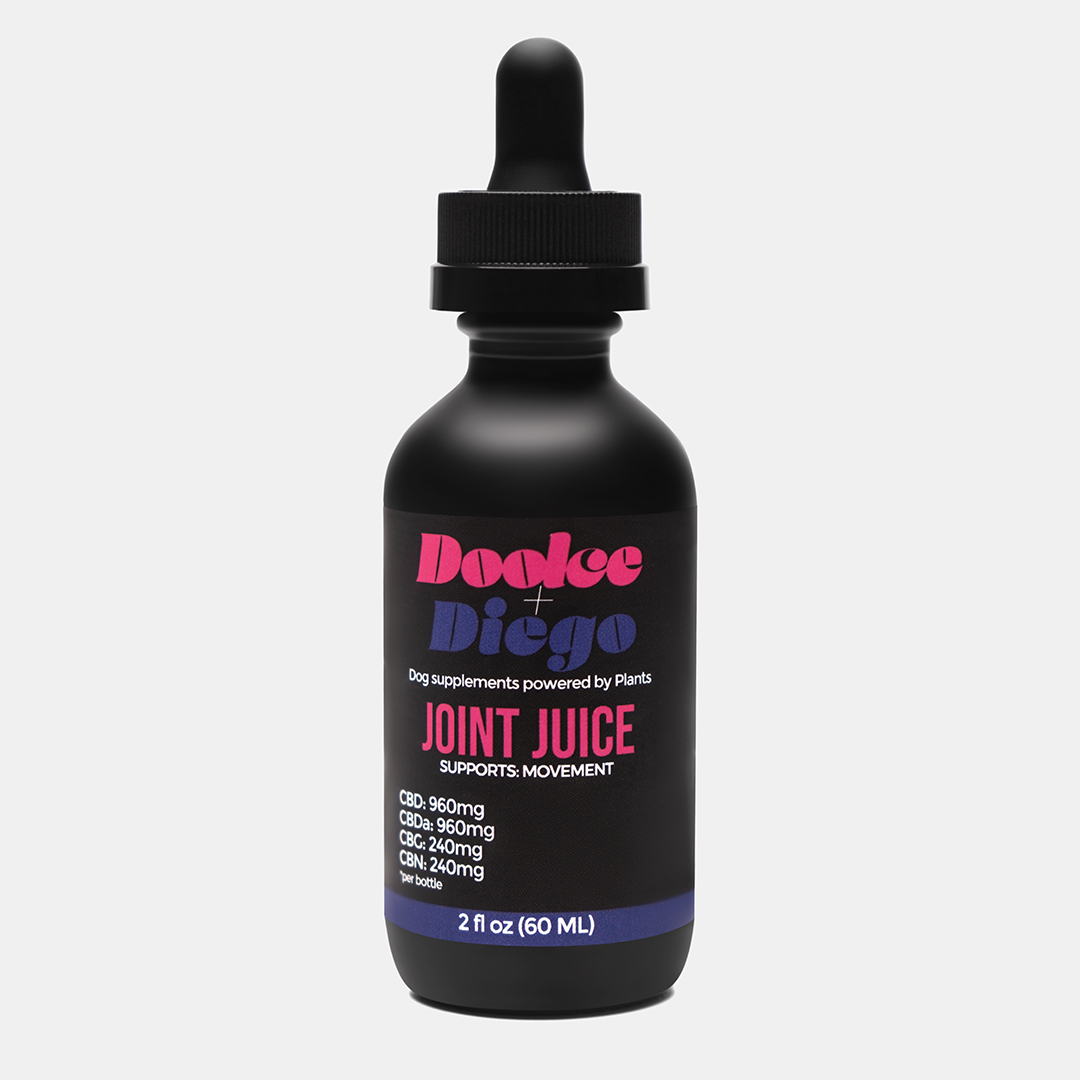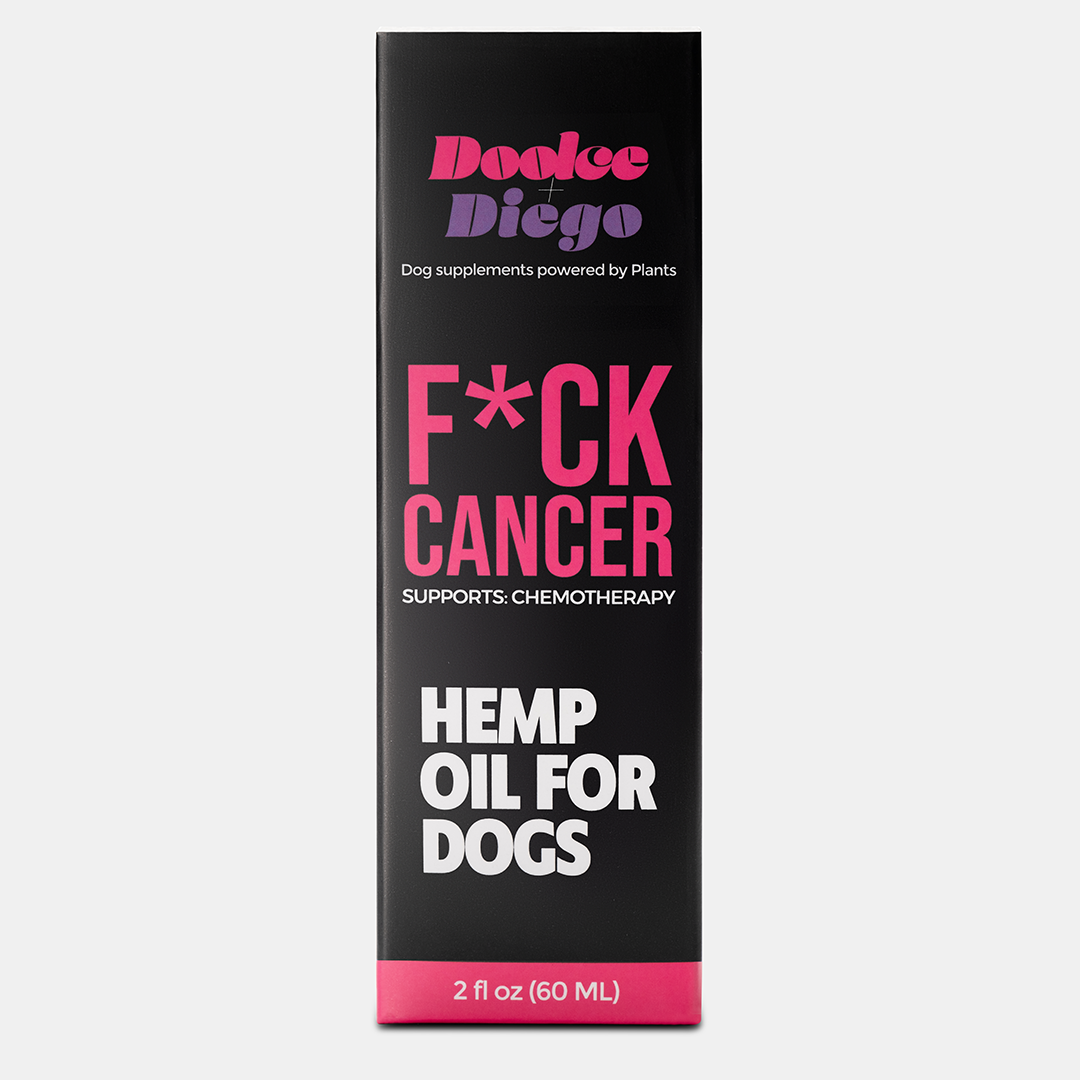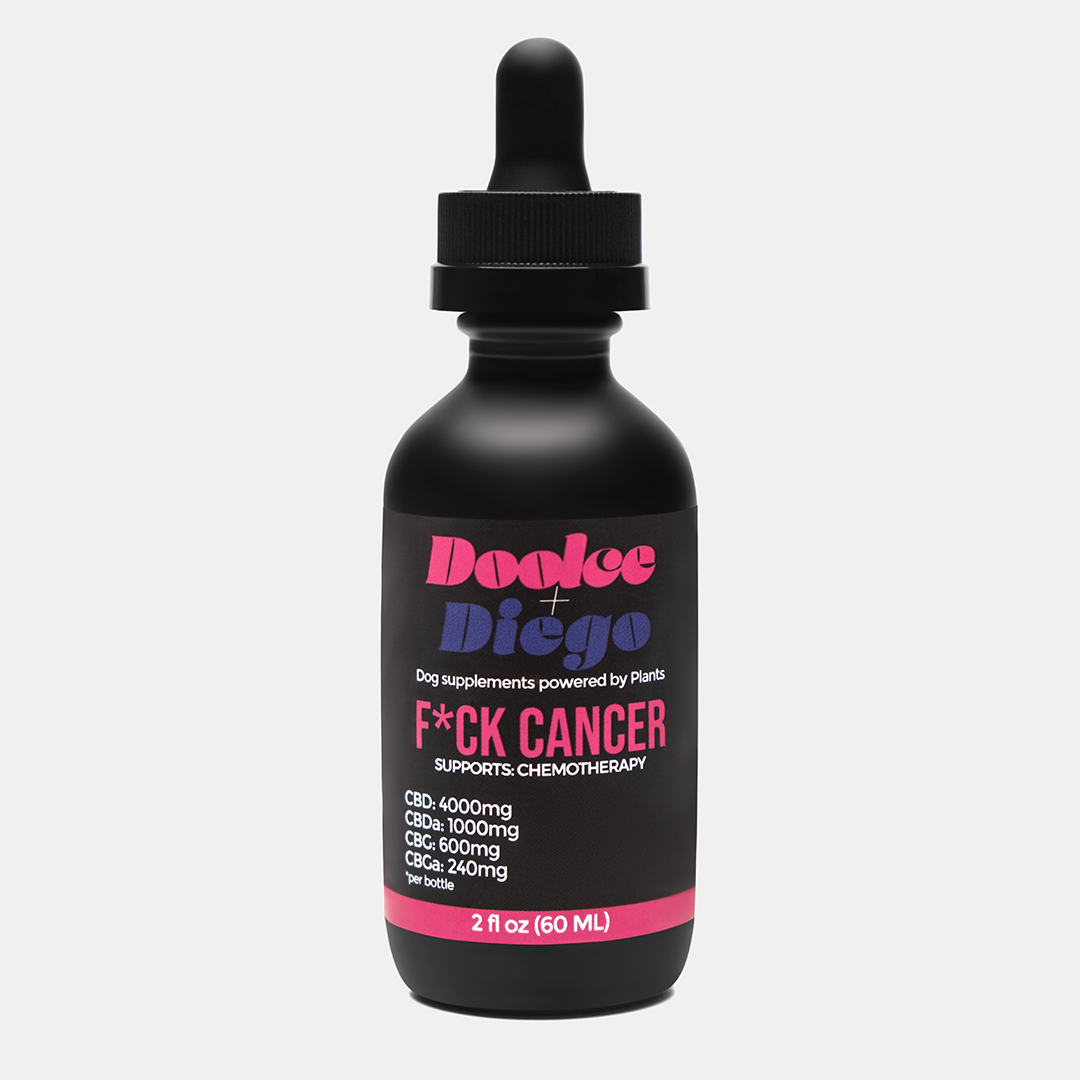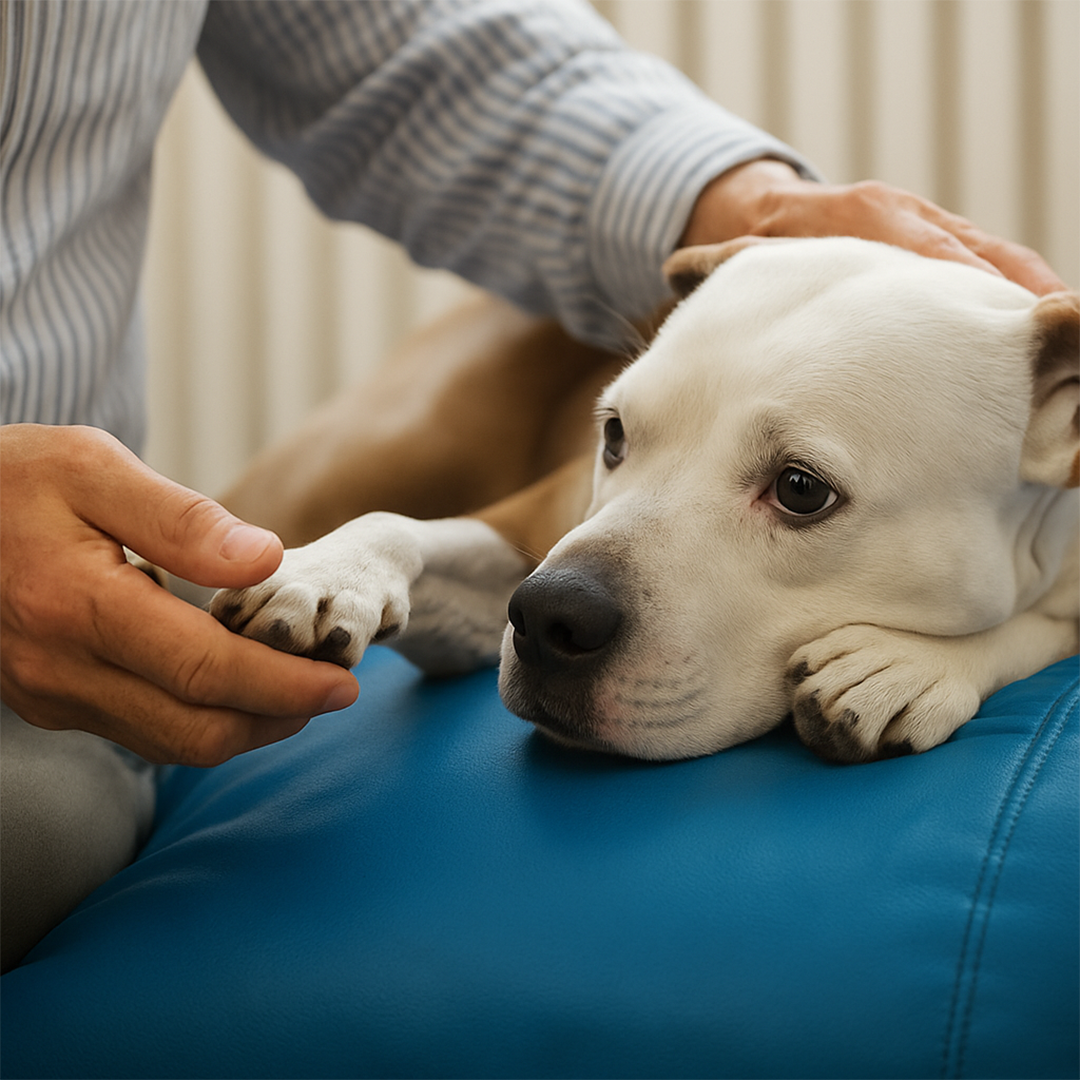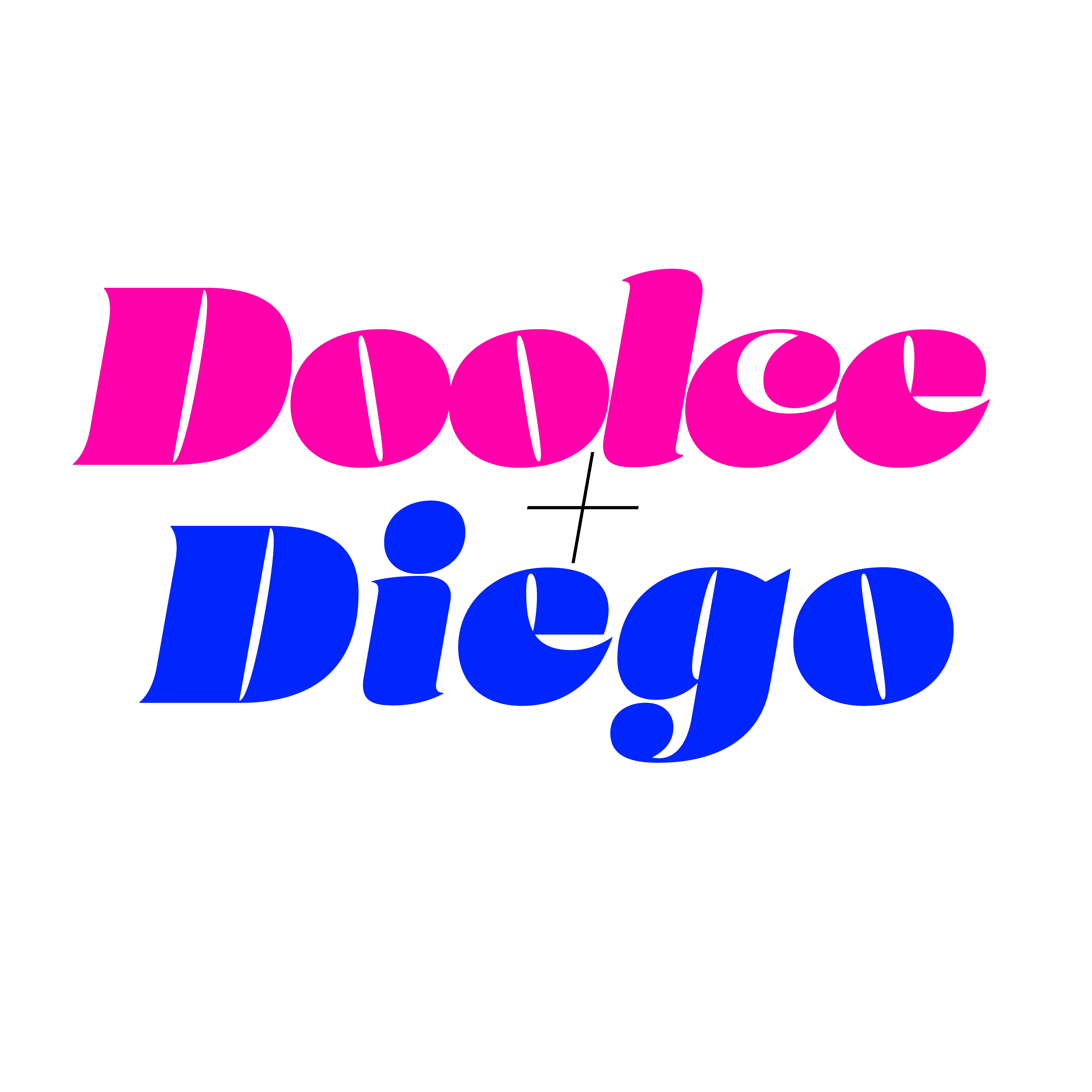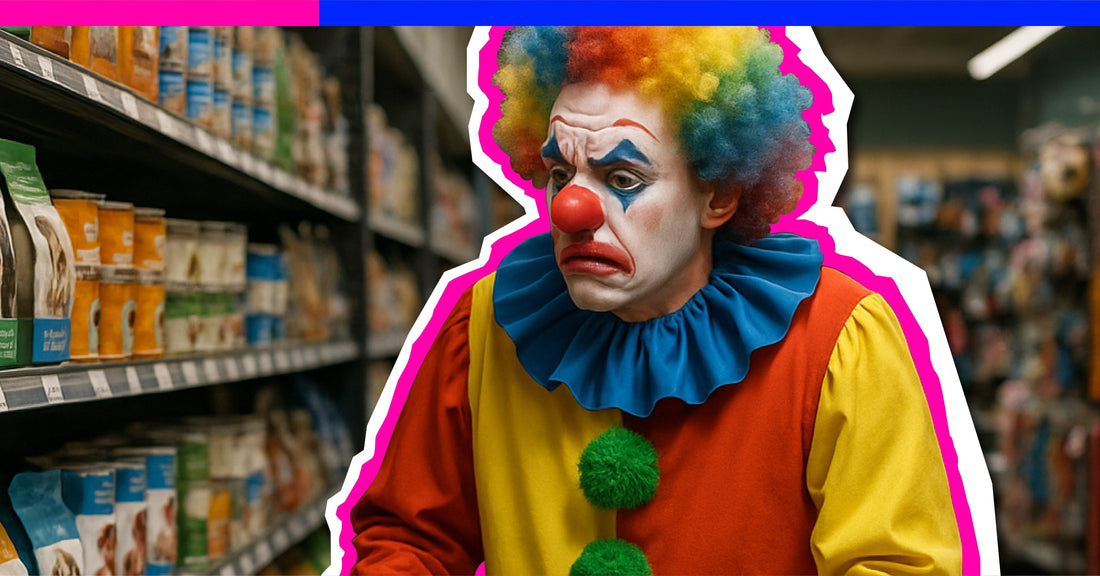
Is 'Natural' Actually Better for Your Dog — Or Just a Marketing Scam?
The word "natural" hits differently when you're a dog parent.
You see "all-natural" splashed across treats, supplements, kibble, even shampoos — and instantly, you breathe easier. "Finally," you think. "Something I can trust."
But what if I told you that "natural" has become one of the most meaningless, abused, and dangerously misleading words in the entire pet industry? That many "natural" products are anything but clean — and that our dogs are paying the price for it every day?
This isn't fear-mongering. It's a wake-up call. And honestly, it's long overdue.
Let's peel back the label and get real about what "natural" actually means for your dog's health.
The Wild West of "Natural" Claims
First things first: there is no official, legally binding definition of "natural" when it comes to pet products. None.
The FDA doesn't regulate it. AAFCO (the organization that oversees animal food standards) gives a vague guideline, but it's loose. Basically, if an ingredient wasn't made synthetically in a lab, brands feel free to slap "natural" on the front of the package.
You know what else is "natural"?
-
Mold
-
Arsenic
-
Poison ivy
-
Salmonella
"Natural" doesn't always mean "safe." It sure as hell doesn't mean "healthy." And it definitely doesn't mean "high quality."
Translation? Brands know you're looking for healthy. They know you’re willing to spend more if you think you're doing right by your dog. So they use "natural" as a marketing weapon. Not a promise.
The Dirty Tricks Hiding Behind "Natural"
Here's how brands manipulate the "natural" label:
1. Ingredient Hide-and-Seek
They'll highlight the "natural" elements (like chicken, blueberries, etc.) but bury the nasty stuff in the fine print: fillers, byproducts, preservatives you can't pronounce.
2. Greenwashing Packaging
Earth tones. Leaves. Pictures of happy farm dogs. They make you feel like you're buying something organic and farm-fresh — even when it’s the same processed junk in a prettier bag.
3. Playing the "Less Bad" Game
"Our treats have less artificial colors!" "Our food has fewer chemicals!"
Cool. But "less bad" isn't "good."
4. Using Natural Buzzwords Without Proof
Terms like "holistic," "human-grade," "premium," "gourmet" — none of these are regulated. None of them require evidence.
It's vibes-based marketing, not science.
The Real Risk to Your Dog's Health
You might think, "Okay, it's just marketing. What's the harm?"
Here's the harm:
• Low-grade "natural" ingredients can be contaminated with toxins like heavy metals or mold. • Cheap natural additives (like rendered animal parts) can trigger allergies, gut issues, and chronic inflammation. • Poor nutritional balance — because "natural" doesn't equal "complete and balanced" — can slowly wreck your dog's immune system, joints, skin, and energy levels.
In other words: long-term, silent damage. And for the record: "silent" doesn’t mean harmless. It means you might not realize it’s happening until it's too late.
How to Actually Choose Safer Products for Your Dog
If you can't trust the "natural" label alone, what can you trust?
Here’s what to actually look for:
1. Full Transparency
If a brand doesn't list every single ingredient, including the "inactive" ones — run. No mysterious "flavoring," "preservatives," or "proprietary blends."
2. Ingredient Sourcing
Ask where ingredients come from. U.S. sourcing standards are (mostly) stricter than other countries'. Brands should be proud to tell you where they get their meat, produce, and botanicals.
3. Third-Party Testing
This is non-negotiable. Reputable brands test for:
-
-
Heavy metals
-
Pesticides
-
Microbial contamination
-
And they’ll share the results.
4. Specific Formulations
Look for products that call out purposeful ingredients — like "organic turmeric," "wild-caught salmon oil," "human-grade pumpkin powder." If it's just "natural flavor" or "animal digest," that's a red flag.
5. Brands That Educate, Not Just Sell
Trust brands that are passionate about teaching you how to be a better dog parent, not just selling you stuff. If they’re dodging questions, they’re dodging accountability.
What Doolce + Diego Believes — and Why It Matters
We’re not perfect. No brand is. But here’s what we stand on:
-
Every ingredient matters.
-
Functional nutrition > trendy marketing.
-
Education before sales.
-
Emotional health is part of physical health.
-
Our dogs deserve human-level wellness care. Period.
If we can't stand behind it for our own dogs, we won't sell it. Simple.
That's the kind of "natural" your dog actually deserves: the kind rooted in honesty, science, and deep, daily care.
The Bottom Line: Don't Be Fooled by a Pretty Word
If "natural" is the only good thing a brand can say about their product, that's a massive red flag.
Dig deeper. Ask harder questions. Refuse to settle.
Because your dog’s wellness journey isn’t about buying hope in a bag — it’s about real nourishment, real care, and real results.
They deserve nothing less.
Quick Checklist: Smarter Dog Shopping
✅ Ignore "natural" unless it's backed up with real transparency
✅ Check the full ingredient panel, not just the front of the bag
✅ Look for sourcing info and third-party testing
✅ Trust brands that teach, not just sell
✅ Remember: your dog deserves better than a buzzword
Join the Conversation: Have you been tricked by a "natural" label before? What surprised you most when you started digging into ingredients? Drop your thoughts in the comments — let's talk about it.
